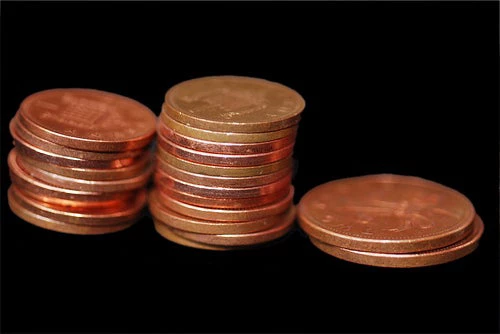A decade ago, prosecutions of companies for paying bribes abroad were rare. Today, you can open the business section of almost any major newspaper and find a story about a company under investigation for bribery of foreign officials.
The good news is that these prosecutions are truly on the rise globally. While the United States has continued to lead the field, the authorities in many countries have now succeeded in holding companies liable for foreign bribery or closely-related offenses. To name a few, these include the United Kingdom, Germany, Switzerland, Canada, Denmark, Italy, the Netherlands and Norway. Even some international institutions, such as the World Bank, are also moving towards such negotiated resolutions – but those private administrative actions are not the topic of this blog.
Have we seen a lot of trials? Not at all. Around the world, the preferred method of resolving foreign bribery cases is not through trials in court, but rather through shorter court procedures, plea bargains and other forms of mutual resolution. Even in civil law countries.
These “settlements” of foreign bribery cases are an efficient and effective way for countries to fight foreign bribery, conserving resources and producing impressive results. There is no doubt that the use of settlements has been essential in stepping up enforcement action by countries. But this is not the end of the story. Some assert that settlements by law enforcement would be better if they were more transparent.
Not only have numbers of foreign bribery cases gone up, but the amounts paid in monetary sanctions in absolute terms are way up as well. In the aggregate, over the last ten years, courts have ordered companies to pay billions of dollars in monetary sanctions. Separating the proceeds from the wrongdoers is a major step toward deterrence.
When a company settles its case, where are these sums ending up? It appears most of it is going into the coffers of the countries initiating the prosecutions, which is to say for the most part developed countries where the companies are headquartered. Rarely has any of it been ordered paid to or for the benefit of the countries whose officials were bribed.
A policy debate is taking shape. Should the countries enforcing their laws make more of an effort to see that funds are paid back to the countries whose officials took the bribes? If so, how should they do it? Can the legal frameworks of settlements of foreign bribery cases carve out a better role for those countries whose officials were bribed? Can the same countries also do more to ensure that they are also taking domestic action?


Join the Conversation